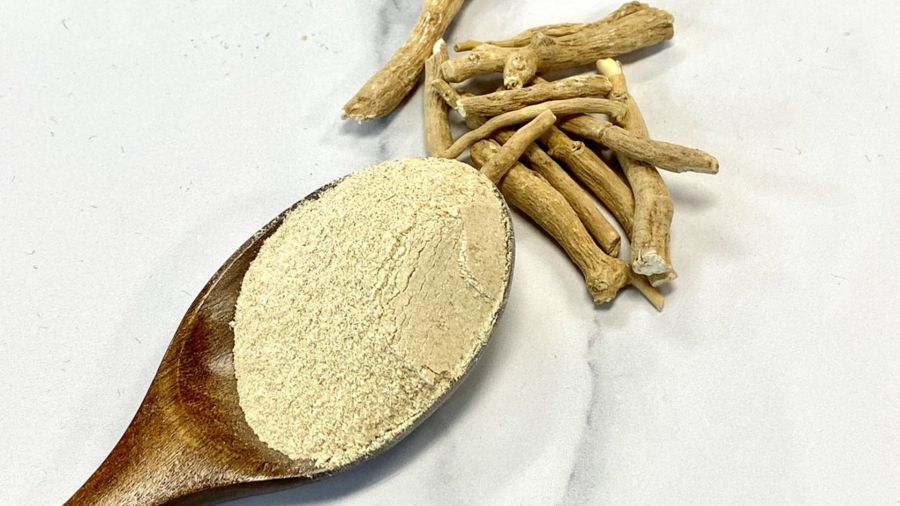CSU research: Herbal treatments may kill cancer cells, local expert says

COLUMBUS, Ga. (WRBL) — A local professor may be on the way to scientifically proving the efficacy of several herbal cancer treatments.
Dr. Ramneet Kaur, originally from India, began her research into herbal cancer treatments in 2018 at the University of North Georgia. In 2020, she shifted from experimental- to computer-based research due to the pandemic. In 2022, she joined Columbus State University (CSU) as an assistant professor in the biology department and later resumed experimental research.
“I’m trying to see if the natural things that we eat in food … can kill the cancer cells, as well as cancer stem cells,” Kaur said.
She resumed her experimental research about one year ago and. So far, Kaur said, she has found promising results.
‘Be an active participant’: Piedmont officials talk about staying healthy
Kaur is working with a team of four students – two undergraduates and two graduates – to analyze the effects of ginger, turmeric, berries, ashwagandha and other herbals as potential treatments for triple negative breast cancer (TNBC) and androgen-independent prostate cancer (AIPC).
As of now, the team has been able to reproduce results which indicate turmeric and ashwagandha, especially, are effective at killing TNBC cells. Further testing has shown they have some effect on killing other cancer stem cells, too.
Kaur said, “I have confidence in them because, repetitively, we got those results.”

The professor explained she hopes to run further tests and reproduce results with other herbs before she publishes her study. Kaur hopes her research will be officially published by this time next year.
Although Kaur’s choice in herbs like ginger, turmeric, ashwagandha, garlic, grapefruit and lemon peel may seem random at first, it is a deliberate move.
Many of these, some of which are staples in Indian cuisine and other foods, have been scientifically shown to have anti-inflammatory properties. Current research indicates higher rates of inflammation in the body may lead to an increased risk of cancer.
Many of these herbs have been used for years as holistic treatments for inflammation. They are also actively present in peoples’ diets on a day-to-day basis. Due to this, these herbs are better tolerated by the body in comparison to treatments like chemotherapy, which is toxic, Kaur said.
Columbus Museum shares what to expect after more than a year of updates
“When patients are on chemotherapy, those drugs cannot differentiate whether it’s a normal [cell] or it’s a cancer cell … so that is why people get very sick,” she said.
Natural solutions do not present the same effects or pain associated with chemotherapy, Kaur said. However, she added, natural treatments work at a slower rate than chemotherapy.
Even though Kaur has identified several promising natural treatments, proper dosages and potential side effects remain unknown. But this is not deterring to the professor, whose goal is to find successful cancer treatments which are less toxic than chemotherapy.
“I’m very driven. I’m very passionate, very committed to my work,” the professor said, emphasizing she will continue to work to find answers. “This is the dream of my life.”
For the latest news, weather, sports, and streaming video, head to WRBL.

